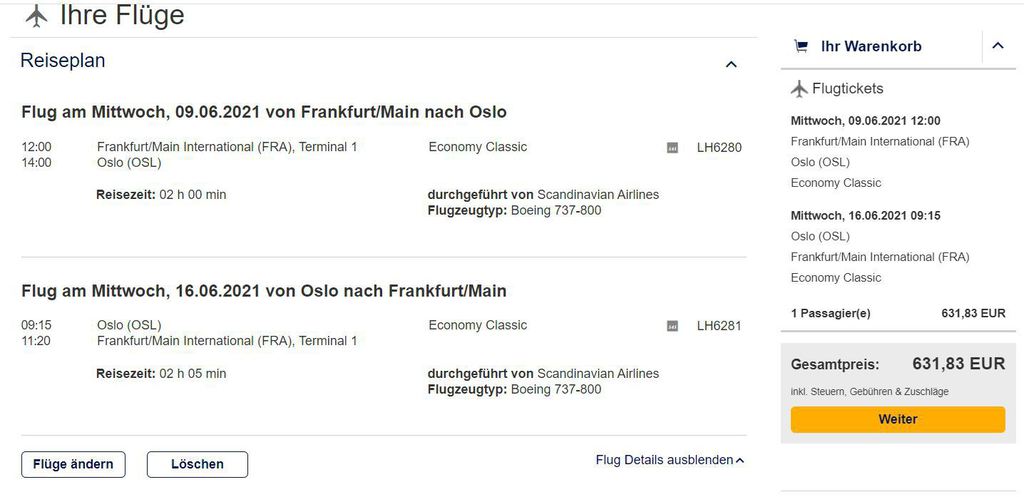ANZEIGE
Falls es jemanden interessiert, ein FTer hat es mal gut erklärt warum off plating für den plating Carrier Kacke ist:
https://www.flyertalk.com/forum/uni...-europe-only-flights-ua-016-ticket-stock.html
Post #40:
https://www.flyertalk.com/forum/uni...-europe-only-flights-ua-016-ticket-stock.html
Post #40:
It's discouraged for several reasons. I'll use United as the illustrative example.
1. Off-plating denies the transporting airline the funds from the ticket until after travel is completed. When you buy a ticket on United 016 stock (directly or through a travel agent), United retains the full value of the ticket from the moment of purchase until interline payments are settled with transporting carriers some months after the journey. Airlines actually transporting you prefer to get their money upfront.
2. Minimal money for the ticketing airline, but full exposure to handling costs and hassles before departure. If no flights are operated by United, United retains no revenue from the ticket (except a nominal administrative fee). However, United bears all the costs and hassles of handling the interline booking (both of which are often substantially higher than own-metal journeys). Schedule change? It's United that has to get in touch with the operating airline, or else find alternative transport. Move to a different flight? It's UA that has to spend time and effort rebooking your itinerary and repricing your ticket. Where seamless avail doesn't exist, substantially more agent call time is required, and that drives up costs even further. Again, all for a trip United won't realize significant money from.
3. Hassle to the customer. It might be a tad arcane, but airline policymaking is still predicated upon vast majority of flyers holding the ticket stock of the transporting carrier. Many policies like same-day changes, close-in IRROPS waivers, paid upgrades, paid seat selection, etc. require holding the ticket stock of the operating airline, so off plating leaves the customer worse off.
[...]
Yes and no. Off plating was a much more commonly accepted industry practice in the days when it was difficult for airlines to establish points of sale globally. Between internet sales, and electronic tickets, even a small airline can basically sell tickets on its own stock anywhere in the world.
